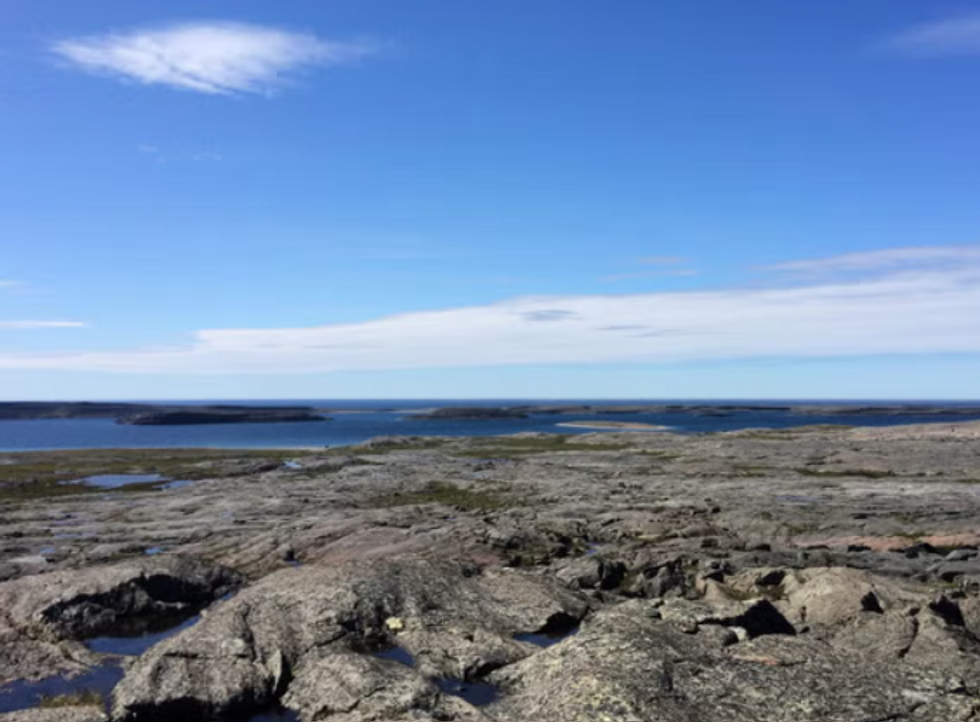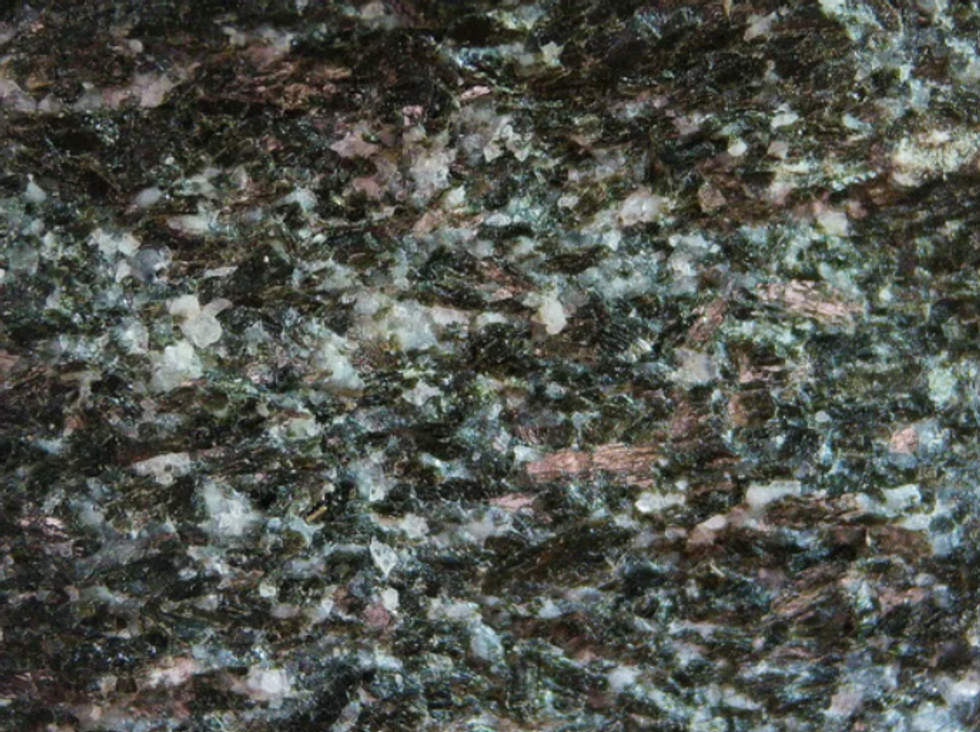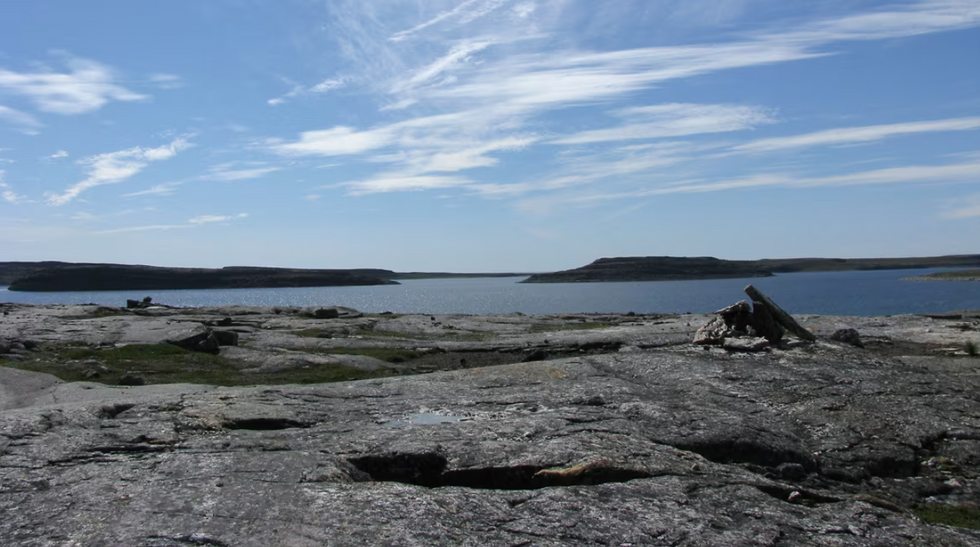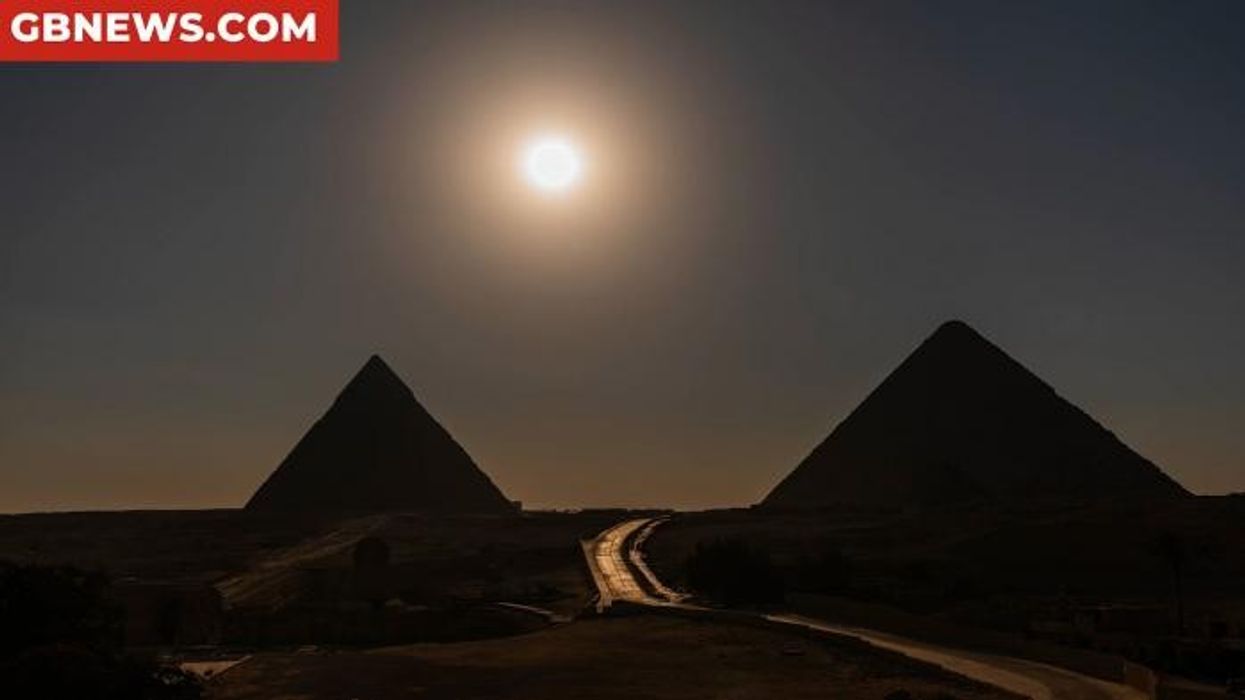Scientists think they've discovered the oldest rocks on Earth following dating breakthrough

Ancient rocks like these are exceptionally rare
Don't Miss
Most Read
Latest
Scientists have identified what may be Earth's oldest rocks following new research into the formations.
The discovery centres on the Nuvvuagittuq Greenstone Belt, situated along Hudson Bay's eastern shore in Quebec.
These streaked grey stones have sparked scientific debate for decades, with Initial research from twenty years ago suggesting they could be 4.3 billion years old, dating from Earth's earliest period.
However, other researchers disputed this, claiming ancient contaminants had affected the dating process and proposing a more recent age of 3.8 billion years.

Scientists have identified what may be Earth's oldest rocks in a remote Canadian geological formation
|Jonathan O'Neil
However, the latest study published in the journal Science, examined a different section of rock from the formation, and the findings have resolved a long-standing scientific dispute about the rocks' precise age.
Researchers employed two different dating techniques that measure radioactive decay, with both methods yielding identical results.
Study author Jonathan O'Neil with the University of Ottawa said: "The different methods gave exactly the same age."
The new age of 4.16 billion years bridges the gap between previous estimates, placing the rocks amongst Earth's oldest known formations, potentially exceeding the age of 4-billion-year-old rocks discovered in Canada's Acasta Gneiss Complex.
LATEST DEVELOPMENTS:

A close-up of the rocks
|Jonathan O'Neil
The planet formed roughly 4.5 billion years ago from collapsing dust and gas shortly after the solar system's creation.
Ancient rocks like these are exceptionally rare, as Earth's tectonic plates typically melt and recycle primordial materials.
The rock formation sits on tribal Inukjuak lands, where the local Inuit community has temporarily banned scientists from collecting samples following damage from previous research visits.
Large sections of rock have gone missing, with pieces subsequently appearing for sale online.

Studying these ancient rocks could reveal crucial information about Earth's formation
|Jonathan O'Neil
Tommy Palliser, who manages the land with the Pituvik Landholding Corp, said: "There's a lot of interest in these rocks, which we understand. We just don't want any more damage."
The community is collaborating with researchers to establish a provincial park that would safeguard the site whilst permitting scientific study.
This arrangement would protect the invaluable geological formations while enabling continued research into Earth's earliest history.
Studying these ancient rocks could reveal crucial information about Earth's formation, including how molten magma seas transformed into tectonic plates and potentially how life began.











